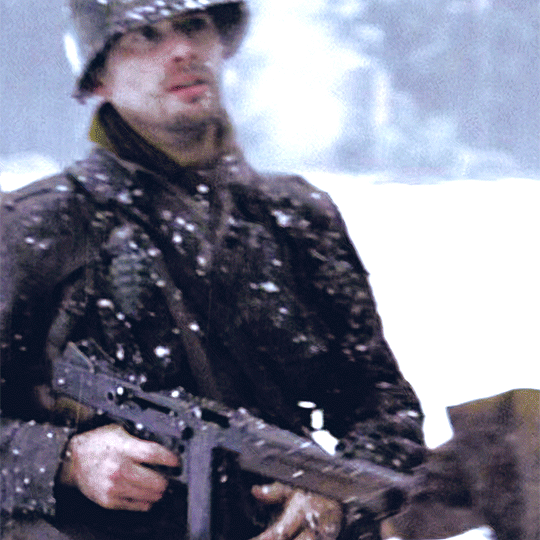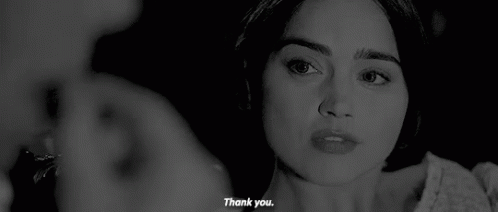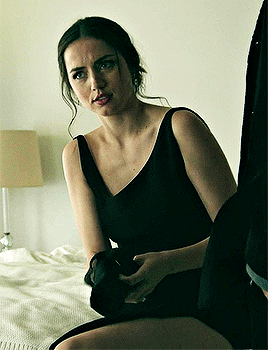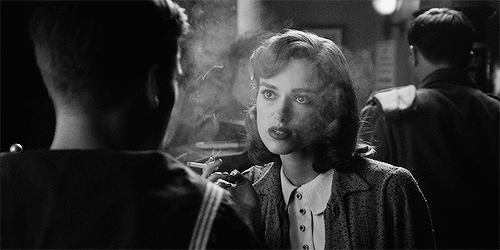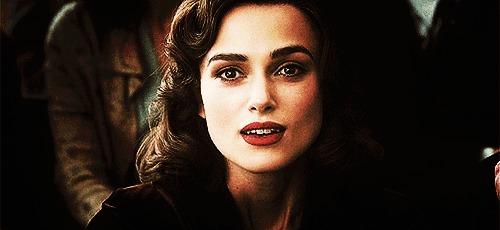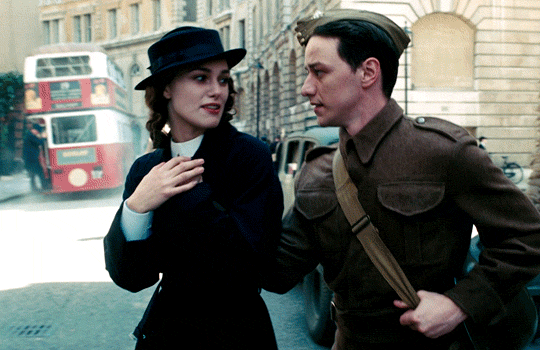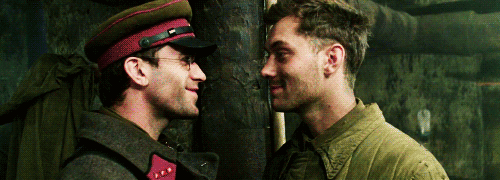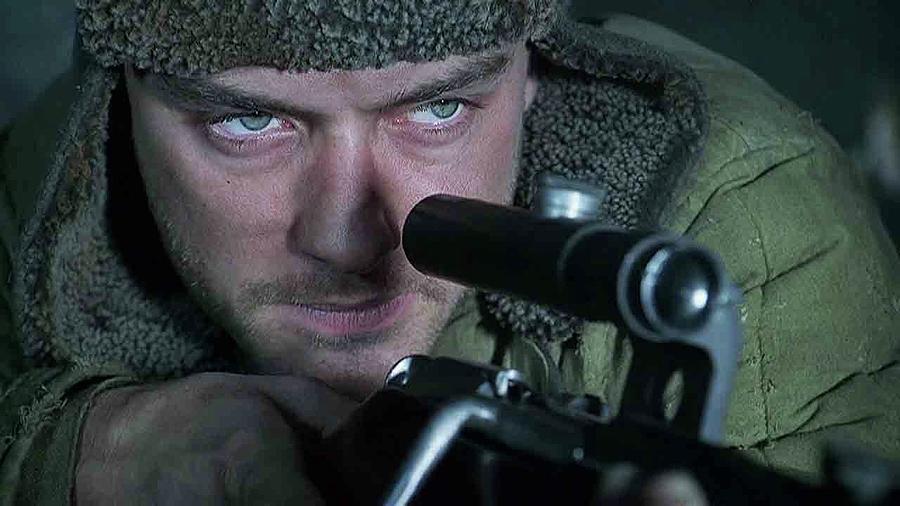I can deal with Stalin. He is honest, but smart as hell.
President Harry Truman, diary entry, July 17, 1945.
Propaganda I II III
Rollentopic Praattopic Speeltopic
|
|
Berlin. End of WW2. Met de onvoorwaardelijke capitulatie van het nationaalsocialistisch Duitsland op 8 mei 1945 werd de Tweede Wereldoorlog in Europa beëindigd. De belangrijkste overwinnaars, de Sovjet-Unie, de Verenigde Staten en Groot-Brittannië namen op 5 juni 1945 de regeringsmacht in Duitsland officieel over en stelden de bezettingszones in Duitsland in. Later werd ook een zone aan Frankrijk toegewezen. De gebieden ten oosten van de Oder-Neissegrens werden toegewezen aan Polen en de Sovjet-Unie en maakten geen deel meer uit van Duitsland. Het is nooit de bedoeling geweest dat het resterende deel van Duitsland verdeeld zou worden. De vier bezetters zouden met elkaar samenwerken, maar de samenwerking met de Sovjet-Unie bleef niet lang standhouden. Midden in de Sovjet-bezettingszone van Duitsland lag Berlijn, dat na de overwinning van de geallieerden op nazi-Duitsland was opgedeeld in een Amerikaanse, een Britse, een Franse en een Sovjet-sector. Toen op 20 juni 1948 in de westelijke bezettingszones de nieuwe munt de D-mark werd ingevoerd, verklaarde Stalin dat dat in strijd was met de gezamenlijke afspraken. Als reactie hierop sloot hij de toegangswegen af en startte daarmee de blokkade van Berlijn. Op 24 juni 1948 blokkeerden de Sovjetautoriteiten de westelijke sectoren in de hoop de hele stad te annexeren. Het was voor mensen uit de drie westelijke sectoren verboden door de sector van de Sovjet-Unie te reizen. Omdat de sectoren van het Verenigd Koninkrijk, Frankrijk en de Verenigde Staten als een eiland in de Sovjetsector lagen, was het niet mogelijk deze gebieden over land van goederen te voorzien. De westelijke geallieerden reageerden daarop door een luchtbrug in te stellen: alle goederen die de stad nodig had werden met vliegtuigen aangevoerd. Op 12 mei 1949 werd de blokkade opgeheven. Read more |
|
Berlin. 25th of June. 1948. Twee vrienden, één woonachtig in Oost-Berlijn en één woonachtig in West-Berlijn, hebben sinds het einde van de oorlog een underground pokerclub opgericht. Er worden alleen personen toegelaten die zij vertrouwen of die door een van de leden wordt vertrouwd; invitees only dus. Eén keer per week komen ze samen in een cafeetje in Oost-Berlijn genaamd 'die betrunkene Katze'. Het café staat al leeg sinds de Soviet bezetting en wordt niet meer bezocht door andere Berliners. Van buiten ziet het er uit als een verlaten en vervallen café, welke haar gloriedagen allang achter haar liggen. De ruitten zijn afgeplakt en de voordeur is geblokkeerd. Alleen via een achteringang in een smalle steeg is het café te betreden. De blokkade vormt een obstakel voor de vriendengroep, echter zijn ze erop gebrand elkaar te blijven zien. Op het moment dan de afsluiting van West-Berlijn in 1948 was er nog geen muur. Wel werd de grens bewaakt, maar hier en daar wilde een soldaat nog wel eens een oogje toeknijpen. De pokergroep is een uiteenlopend gezelschap van achtergronden en visies. Niet iedereen hoeft elkaars beste vriend te zijn, zolang er maar respectvol met elkaar wordt omgegaan binnen de muren van het café. Samengevat Pokergroep in Berlijn in het grensgebied tussen Oost-Berlijn en Amerikaans en Brits bezet West-Berlijn. West-Berlijn bevindt zich als een eilandje in Soviet Oost-Duitsland. D-Mark is een munt die door de geallieerden werd ingevoerd in hun bezette gebied en dus ook in West-Berlijn. Stalin vond dat niet tof. West-Berlijn werd vervolgens als reactie van Stalin afgesloten. Er is nog geen muur! Wel een afsluiting, maar de muur werd pas gebouwd in 1961. Alle weg-, spoor- en binnenvaartverbindingen afgesloten. Met de blokkade hebben de Sovjets zo'n 2,5 miljoen burgers in de drie westelijke sectoren van Berlijn afgesneden van de toegang tot elektriciteit, voedsel, kolen en andere cruciale voorraden. De Amerikanen en Britten droppen via vliegtuigen voorraden in West-Berlijn. Soviet leider: Stalin. Amerikaanse president: Truman Britse premier: Attlee Franse president: Auriol Invullen. Rules. |
|
|
|
Characters $ West Berlin $ James Morgan ♂ 29 2 Normandy - G $ Ludovic Müller ♂ 28 2 Iotte $ Alexander Dahlinger ♂ 28 3 Starsight $ Michael Blumenthal ♂ 28 3 Naeira $ Paddy Mac Lochlain ♂ 29 3 Tad $ Jospehine Rosler ♀ 27 2 Tad - O $ Gail Evans ♀ 26 2 Sionnach - C $ Charléne Rosler ♀ 25 2 Naeara $ Lorelei Meminger ♀ 27 2 Naeira $ Lina Steiner ♀ 26 3 RadioTapok $ Aloisa Lehmann ♀ 27 3 Sionnach Abbreviations: - O = Oprichter pokerclub - G = Borderguard - C = Café eigenaar |
☭ East Berlin ☭ Giovanni Pellegrino ♂ 30 2 Laufeydottir ☭ Ilya Sokolov ♂ 28 3 RadioTapok - G ☭ Isaac Goldmann ♂ 30 2 calice - ✡︎ ☭ Heinrich Hoffmann ♂ 29 2 calice ☭ Jesse Sherman ♂ 30 2 Naeara - ✡︎ ☭ Freya Rosler-Scholtz ♀ 26 3 Laufeydottir - O ☭ Liliya Romanova ♀ 28 2 Naeara ☭ Darya Ivashkova ♀ 26 2 Naeira ☭ Odette Hartmann ♀ 26 3 Iotte ☭ Rouge de Sauvage ♀ 32 2 Normandy |
[ bericht aangepast op 6 jan 2022 - 9:45 ]











